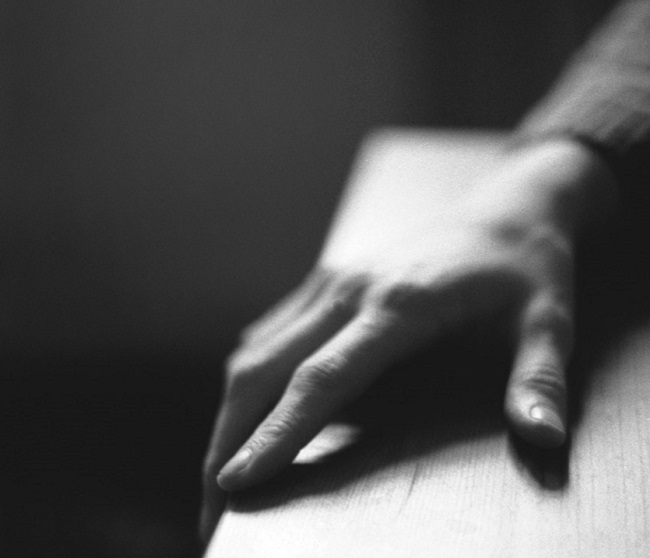A hallmark of being a teenager is rebellion. Puberty turns a once nice kid, into a hormonal, rebellious nightmare. No one enjoys puberty – one morning you wake up and the body you have been living with your whole per-pubescent life is no longer yours; it’s hairy, it smells, it’s awkward, your skin is constantly breaking out and half of everything you once loved is now uncool (your doll collection, your old friends, your parents, wearing matching outfits with your siblings, etc). Now add to this mix of hormonal hell, a chronic illness. Teens by nature want to rebel; but how do you rebel from a body that has rebelled against you.
It’s hard to treat teens, especially teenagers that have been dealing with illness the majority of their lives. Along with waking up one morning and hating everything, when dealing with a chronic illness that body hatred is one thousand times magnified. I have worked with young people with chronic illness before, and the overwhelming response is
“I want to be normal. I’ve had x condition my whole life and I’m going to have it for the remainder of my life. It’s not fair and I don’t want it.”
Just like any other teen, teens with chronic illnesses don’t want to be told what to do. Personally, when I was a teenager and in the hospital, I would disregard the advice of any doctor who tried to parent me. Chronically ill teenagers want to be treated like adults. If you are a doctor working with an ill young adult, talk to the patient – don’t direct the conversation towards the parents. At the end of the day it is the patient taking the pills and maintaining their care. All younger patients want is respect. They know their bodies better than you think and they just want to establish control in a relatively control free time of their lives. Treat the teen patient with respect and you’ll have much better results.









